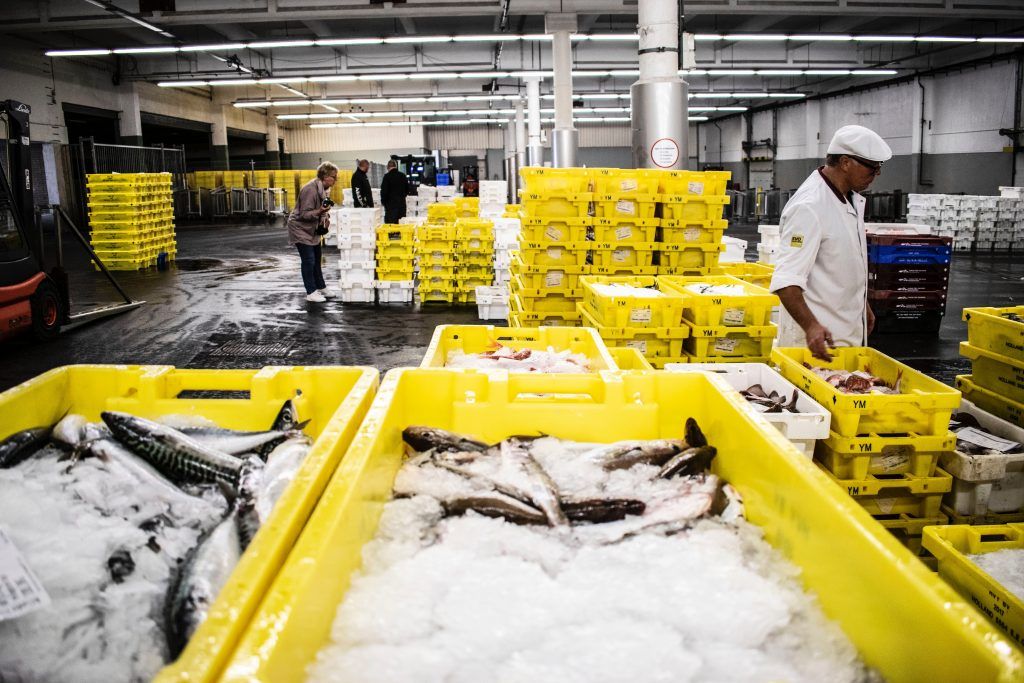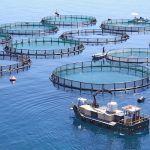Expected Outcome
The successful proposal will be in line with the European Green Deal priorities and the farm to fork strategy for a fair healthy and environmentally friendly food system, as well as with the EU’s Climate ambition for 2030 and 2050. It will support R&I to foster advances in microbiome-related research for more sustainable agricultural food production. This in turn will contribute to the transformation of food systems to deliver co-benefits for climate (mitigation and adaptation), biodiversity, environmental sustainability and circularity, dietary shift, sustainable healthy nutrition and safe food, food poverty reduction and empowerment of communities, and thriving businesses.
Project results are expected to contribute to all of the following expected outcomes:
- More nutritious and diverse plant-based food produce and products, based upon diverse microbiomes.
- Knowledge that leads to microbiome based understanding as needed by the industry on the interaction of plants (e.g. secondary metabolites) and of plant microbiomes with animal and human microbiomes. This is within the context of animal/human health effects, and of plants hosting plant/human/animal pathogens or other microorganisms causing quality and safety problems.
- Enhanced “translational research”, which generates and applies knowledge that can improve human health and environmental practices and contributes to yield stability and food and nutrition security.
- Strengthened relationships between all actors involved in our food systems (e.g. farmers, and consumers) by offering transparency of business strategies, including related integrated assessments and decision support tools.
Scope
Diversity is increasingly important and is fundamental to achieving the UN Sustainable Development Goals 2, 3, 12, 13, 14 and 15. To introduce such diversity there is a need to implement research and innovation, education, communication, regulation and policy at (multi-)national and European level addressing existing food systems-related microbiome research gaps from laboratory to the field to food production ecosystems. This includes the interaction of food chain microbiome components from the soil to the plant/animal to the plate. We require a better understanding of the interaction of microbial biodiversity of plant/animal/human microbiomes and other biological processes in the larger food and animal/human health context. This is based upon an understanding that plant/animal/human microbiome/ microbiota comprises all microorganisms, including pathogens, and beneficial microorganisms.
The scope covers plant/animal/human/food microbiome interactions that can provide healthier food and reduce human health and environmental risks, and contribute to restoring biodiversity, enhanced circularity, and climate change adaptation.
A better understanding of the potential (direct or indirect) interactions between plant/ animal/human/food microbiomes should be achieved. Successful proposals should directly link their R&I coverage with other related intervention actions developing microbiome products and knowledge. In the medium term, food products grown and processed under optimised conditions favouring positive interactions with the microbiome must be harvested and delivered at comparable costs to those originating in today’s conventional farming or intensive agriculture systems. This should be achieved while ensuring that the microbiome-solutions have low risk for consumers, farmers and other users, and the environment, maintaining the economic balance of production facilities and preventing dramatic economic losses, in particular to primary producers. New products may seek EU market regulatory approval, thus proposals should address relevant EU regulatory requirements as well as EFSA safety guidance and risk assessment and health outcomes verification.
Proposals are expected to address the following:
- The characterisation and development of microbiomes and their downstream products providing dietary diversity for improved human and animal health, and resilient food production systems.
- Mapping and provision of the arising co-benefits relevant to the four Food 2030 priorities: nutrition for sustainable healthy plant-based food and feed as well as those relevant to different socio-economic and cultural groups.
- Increasing knowledge and understanding of the biological and ecological processes involved in the assembly and dynamics of plant microbial communities, particularly microbial invasion and persistence, all along the production chains to deploy microbiota shaping-based strategies to improve the quality and safety of food products.
- Designing multi-objective multi-region microbiome/diet transition pathways for EU food systems, gathering all aspects of sustainable food systems and diets, health and safety parameters, biodiversity climate and environmental factors, circularity and resource efficiency, innovation and empowerment of communities, traditional and cultural resources.
- Seek international cooperation (such as with the International Bioeconomy Forum, the ‘one planet sustainable food systems’ programme, etc.), along with early and wide communication of microbiome science and applications.
- Address food industry needs, particularly personnel training in classical microbiology and modern microbiome skills; the closing of regulatory loopholes for microbial products; and the demarcation of research levels providing better differentiation to the companies developing the products.
The required multi-actor approach (see eligibility conditions) must be implemented by involving a wide diversity of food system actors and conducting inter- and trans-disciplinary research engaging consumers and civil society organisations. Proposals are encouraged to build on past or ongoing EU-funded research, research infrastructures and collaborate with relevant initiatives, including the Horizon Europe mission in the area of soil health and food international cooperation, the International Bioeconomy Forum, the ‘one planet sustainable food systems’ programme, etc. The proposals should set out a clear plan on how it will collaborate with other related proposals selected under this and any other relevant topic/call, by participating in joint activities, workshops, as well as common communication and dissemination activities.
Deadline
15 February 2022







Leave a Reply